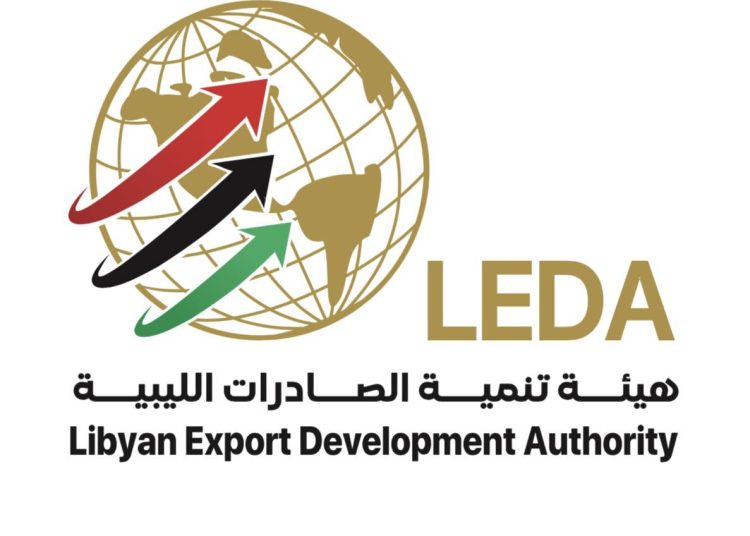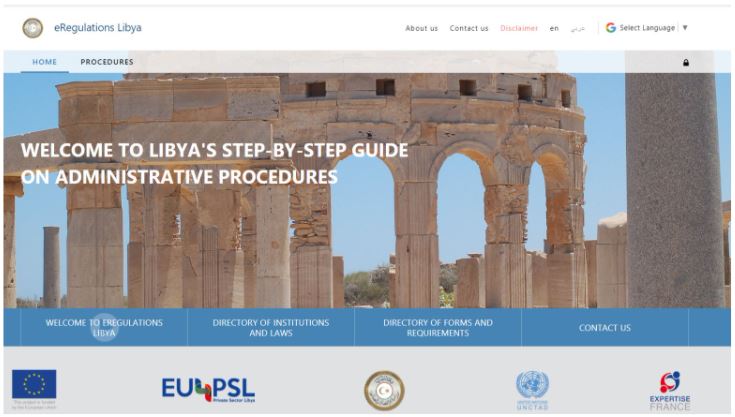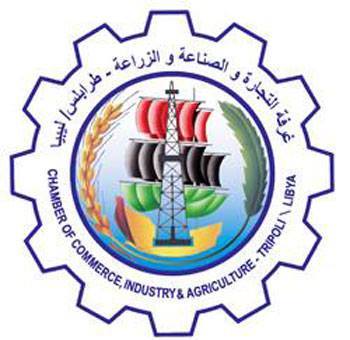The Libyan Export Development Authority (LEDA) reported yesterday that Libyan non-oil and gas exports in 2024 reached US$ 1.2 billion.
Providing only a partial breakdown of the US$ 1.2 billion, LEDA revealed that fish topped the export list at approximately US$ 11.18 million, with an annual growth rate of 9%. Ironically, fish exports have been halted by the Tripoli government this year to protect local consumers from rising prices.
Olive oil followed on the list with US$ 5.2 million, with an annual growth rate of 26%. Dates came third with US$ 3.14 million, with an annual growth rate of 21%.
Top export destinations by variety and value
Fish: Malta (US$ 8 million), Turkey (US$ 2.2 million) and Croatia (US$ 892,000).
Dates: Indonesia (US$ 1.3 million), Malaysia (US$ 389,000) and Mauritania (US$ 332,000).
Olive oil: Turkey (US$ 2.2 million), Egypt (US$ 53,000) and Mauritania (US$ 29,000).
Libya’s economy is extremely undiversified
The total value of Libya’s exports in 2024 of US$ 1.2 billion highlights the high degree to which the country’s economy is undiversified.
This is especially so when compared to the country’s total oil revenues reported in the Central Bank of Libya’s latest (January to 31 August 2025) statistics which show Libya’s hydrocarbon exports at a value of US$ 15.8 billion.
The curse of oil
Sadly, despite all the MoU’s signed with foreign entities and states over the years to help increase exports, growth has been slow over the decades relative to the values of hydrocarbon exports.
The dominance of oil has been a curse on local non-production which could be leverages to create value added jobs for youth and university leavers. Instead, it has been easier for successive governments to bloat the state job-sector instead of the more difficult decision to create more private sector jobs.
Similarly, successive governments have preferred to impose the politically popular and more short-term decision of suppressing exports in order to keep local prices down – a decision that causes market uncertainty and discourages exports and local manufacturing and production.
Accuracy of export stats?
Equally, LEDA’s export stats are questionable as Libya is infamous for having poor border controls to mitigate smuggling and is equally infamous for being unable to organise good trade statistics.
It is also a commonly held belief that some of Libya’s fish is exported at sea without ever landing on Libyan soil and a good quantity of it and of Libya’s olive oil are smuggled to Tunisia and re-exported as Tunisian products.
.
Tripoli Chamber holds virtual meetings to hasten ISO certification for Libyan fish exports to EU
Marine Resources Minister and Indonesia’s Chargé d’affaires discuss fisheries and aquaculture
Libyan Indonesian business meeting to be held in Tripoli in April
Indonesia to hold meeting with Misrata Chamber of Commerce and its members
Tripoli Chamber holds workshop on Fishing Industry with Indonesia – signs MoU – LibyaHerald
Tripoli Chamber aquaculture business delegation to visit Indonesia – 16 to 17 July
Efforts to increase trade between Indonesia and Libya
Indonesian embassy to start issuing visas from Tripoli this December
Tripoli Chamber holds workshop on Fishing Industry with Indonesia – signs MoU
Libya and Tunisia agree increased cooperation in fishing and aquaculture | (libyaherald.com)
Collection of the state’s Tuna fishing revenues discussed | (libyaherald.com)
Conference promoting non-oil exports, 16 to 17 March-Tripoli | (libyaherald.com)










